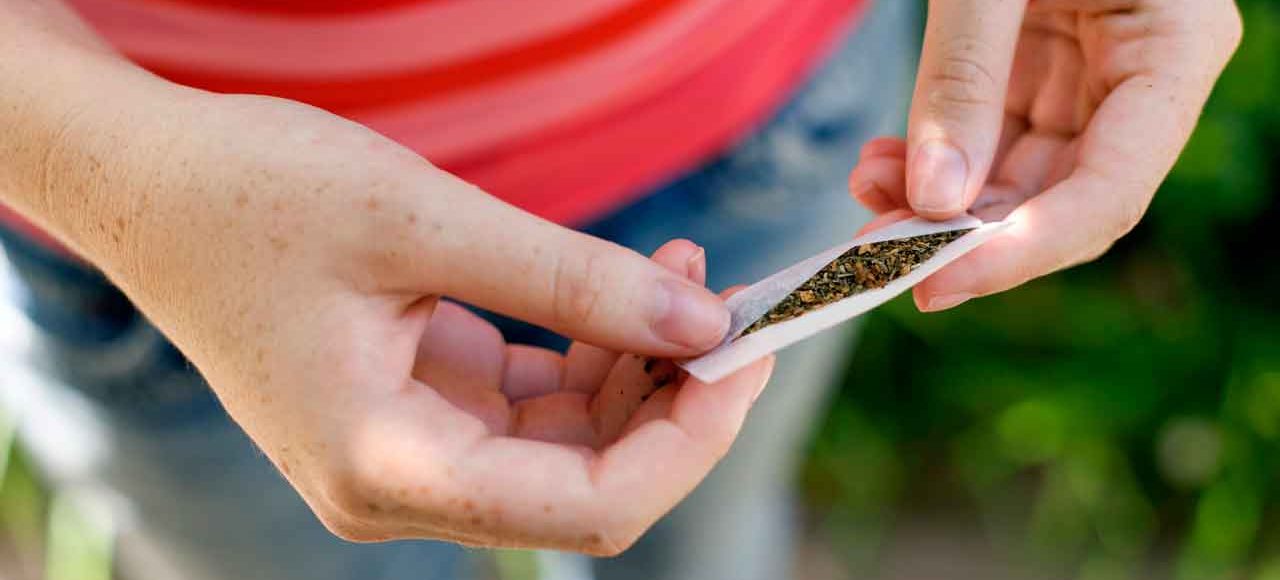Marijuana’s Effect on the Brain

Smoking pot in adolescence has been linked to depression, anxiety, and schizophrenia. Have a candid talk with your teens about marijuana’s effect on the brain.
The research on this subject is mixed, but one point is clear: If you start smoking pot as an adult, you have less reason to worry about marijuana’s effect on your brain than teenagers do.
Make sure your teens know the risks to their health as well as any legal risks where you live.
YOU MIGHT ALSO LIKE: Marijuana Poses Risks to Teenagers’ Brains
In a study of more than 1,600 Australian girls recruited at ages 14 and 15, researchers concluded that those who smoked daily were five times more likely to report depression or anxiety over the next seven years. Weekly use doubled the risk.
Some teens clearly use marijuana to manage pain, sleep, or relieve anxiety, but it’s a risky strategy, as anxious “self-medicating” teens are much more likely to develop a drug problem later.
Teens who are vulnerable to psychosis may be pushed over the edge by cannabis. About 3 percent of heavy users develop schizophrenia.
Some brain scan research has found that smoking marijuana regularly as a teenager shrinks parts of the brain linked to memory, learning, and impulse control.
Damage from marijuana’s effect on a teenager’s brain may even last into adulthood.
Early marijuana use may be linked to as many as 30 percent of cases of schizophrenia among men when they reach the ages of 21 to 30, according to some research. Meanwhile, two other studies suggest that smoking marijuana impairs mental functioning over time.
Among nearly 3,000 people recruited between the ages of 18 to 30 and tested 25 years later, the more years they smoked, the worse they scored on a vocabulary test, even after the researchers removed the effects of other drug and alcohol use and depression.
In another study, researchers followed more than 1,000 babies born in 1972 and 1973 until they turned 38. They were tested at 13 and again at 38. Those who began smoking regularly as teens lost 6 to 8 points on an IQ test, even if they stopped smoking as adults.
On the other hand, a study with twins tested at ages 9 to 12 and again at ages 17 to 20 concluded that if one twin smoked pot and the other didn’t, the pot didn’t lower IQ scores. The authors suggested that some other factor — for example, lack of parental encouragement — might explain both the pot smoking and lower scores over time.
But basic science suggests that marijuana could have important effects. The “endocannabinoid system” in the brain, which gives marijuana its power to affect us, is known to be important in early brain development and may also be important during the teen years, when our brains prune down connections to become more efficient.
The National Institutes of Health is funding the Adolescent Brain Cognitive Development (ABCD) study, tracking a large sample of young Americans from late childhood (before first use of drugs) to early adulthood, using brain scans and other tools to clarify marijuana’s effect on the brain.
All of the research, however, doesn’t mean that your child is on the fast road to failure if you find a stash in his or her closet.
“For most young people, recreational cannabis use is essentially harmless, a rite of passage ending as young people settle into careers and adult intimate relationships,” writes Mayo Clinic psychiatrist J. Michael Bostwick. “For 10 percent, however, the drug becomes addictive, its relaxing properties transforming into a constant need that interferes with interpersonal and occupational advancement.”
After the age of 25, there’s very little chance of becoming dependent on marijuana. Bostwick notes, as well, that the risk of dependence is lower than for other drugs. Your chances of becoming “hooked” on nicotine are 32 percent and, to alcohol, 15 percent.
But don’t think your teens are better off if they drink alcohol at parties rather than smoke pot. Alcohol is not only more addictive but, especially in large binges, is clearly damaging to the teen brain.
YOU MIGHT ALSO LIKE: Can Marijuana Replace Opioids to Manage Pain?
Updated:
July 24, 2023
Reviewed By:
Janet O’Dell, RN